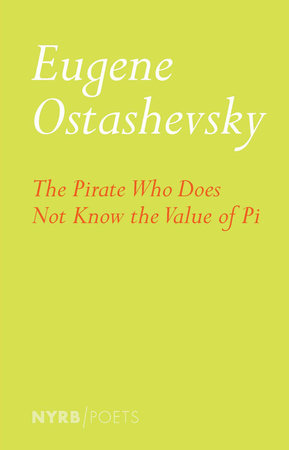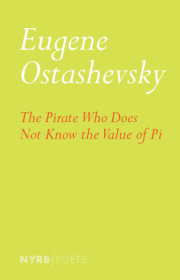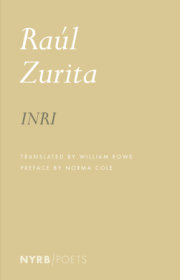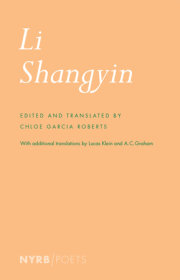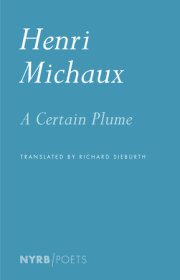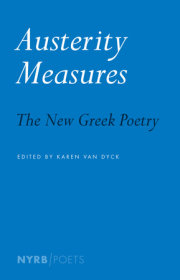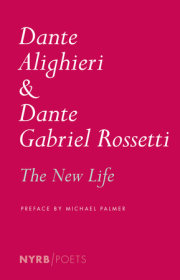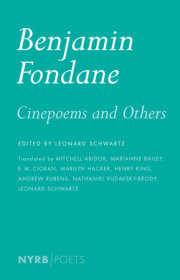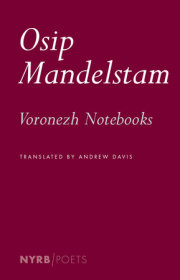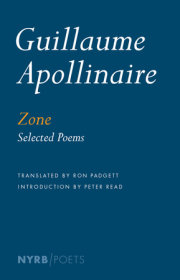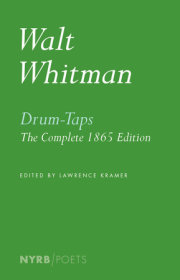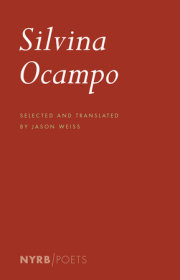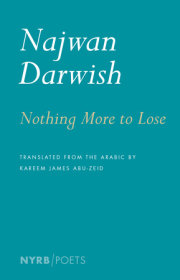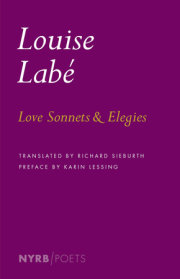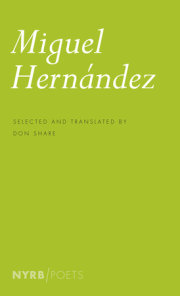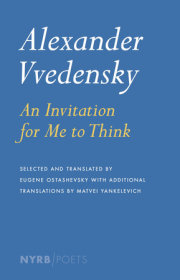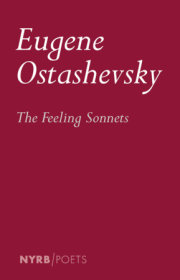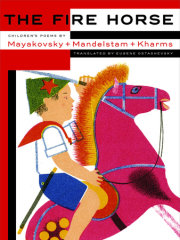“This isn’t just a book: It is a multi-vocal orchestra. It performs some of the most playful, surprising, and innovative musical effects of our day. Yet at the center of all this play there is the large emptiness of loss. Loss, the mother of metaphysics.”
–Ilya Kaminsky
"In this collection language is examined and experienced as a source of bafflement, tragedy, and pleasure. The poems are deftly woven from a variety of languages, traditions, and texts. Ostashevsky, whose first language is Russian, spins his song from the displacements and discoveries of his own voyages for our reading pleasure...Despite being buffeted by storm and shipwreck and existential questions, our pirate and parrot never lose their balance. Neither does Ostashevsky in this hilarious, deeply serious, collection." —Elizabeth T. Gray, Jr., Hyperallergic
"Like Wallace Stevens, mutatis mutandis, Ostashevsky inspires us to find pleasure, if not a firm foothold, in the shifting sands of mere being." —Boris Dralyuk, Los Angeles Review of Books Blog
"Language of every kind is at the heart of Ostashevsky’s little book of prose-poetry...This poetry captures emotional realities with moments of fleeting lyricism.... The ridiculous jokes and whimsical soundscapes are all part of the poet’s exploration of unfathomable, tragicomic human experience." —Phoebe Taplin, Russia Beyond the Headlines
“The Russian-American author of this deliciously sardonic parable of the non sequitur can find no assurance that things in this world happen for a reason. On the contrary, his is a poetic universe where, to cite Wittgenstein, ‘everything we see could always be otherwise.’”
– Marjorie Perloff on The Life and Opinions of DJ Spinoza
"The Pirate Who Does Not Know the Value of Pi deals with the fundamental inability of language as means of expression, utilising a lively and irreverent sense of humour in making the most complex of subjects accessible and familiar with a clarity and irony which warms and disconcerts simultaneously. There is a lyric and musical quality to his poetry informed by the traditions of jazz, early New York Music Hall comedy and the pirating life." —Eve Richens, The Quietus

